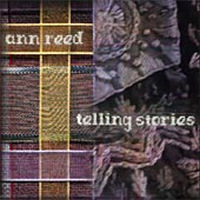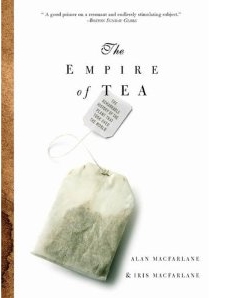How do we resist the “narrative of the lie” I mentioned in a recent post? Here’s an example: A recent news item indicates a reported cross burning directed at a mixed-race couple in Bemidji, Minnesota on May 29th. It gives meaning to the term “Minnesota Nice.” This term reflects the idea that Minnesotans believe themselves to be genuinely nice, welcoming people. However, cross burnings should make us question this lie.
A cross burning reflects on the surface the hatred of many whites against other groups that exists just below the surface. How do we know this hatred against other ethnic groups exists? Because it exists systemically, for example in
- the real estate industry – redlining
- the banking industry – who is approved for loans
- who is arrested and jailed – predominantly those of color
- our education system – who is admitted via biased tests for college enrollment, then who is hired for well-paying jobs based on college degrees
- voter registration laws – making it difficult for the poor, those of color or who are homeless to vote
We, as Minnesotans, allow these hateful and bigoted biases to exist in our laws, educational, correctional, corporate, religious and banking systems because it allows one ethnic group (“Whites”) to steal unearned wealth and benefits from targeted groups. Fortunately, many are working for systemic change; recently, against the proposed voter ID changes.
So “Minnesota Nice” and smiling on the surface does not mean welcoming and hospitable in fact. Educating ourselves to this truth is how we resist the narrative of the lie. It is one more way of overcoming the blinders of white privilege.
You may also like Art Reveals History’s Blind Spots, Letter To Americans and Response and What is White Privilege?


